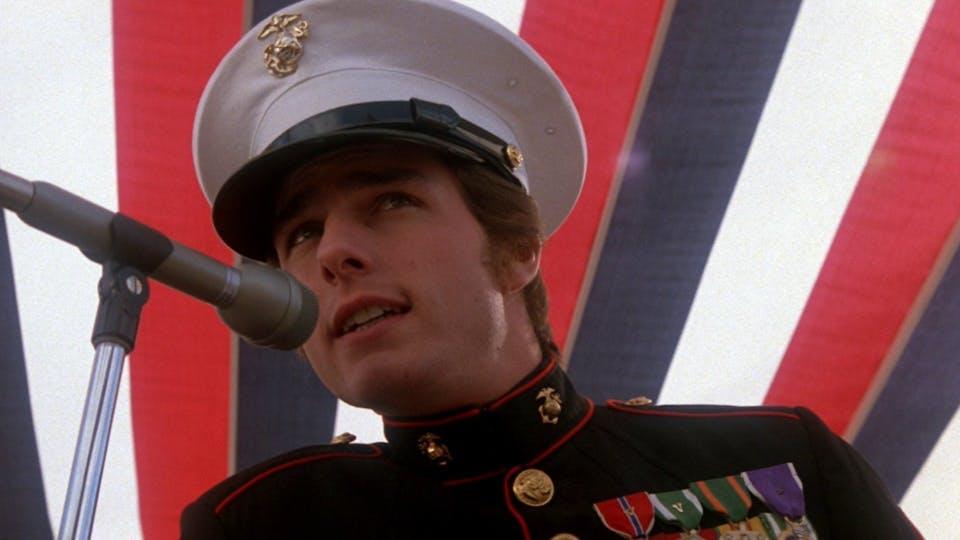Why Are American Historical Movies So Popular Worldwide Today?

Cinema has always been a mirror of culture, and history provides some of the richest material for stories. American Historical Movies have achieved wide recognition not only in the United States but also around the globe. Their popularity is tied to the way they combine storytelling, visual power, and emotional depth. By looking at specific films, one can see why audiences worldwide continue to embrace these works.
The Storytelling Power of History
Drama in Real Events
Real events carry inherent drama. In Saving Private Ryan, Steven Spielberg tells the story of a mission during World War II. The film shows the chaos of battle and the cost of sacrifice. Audiences feel they are living through the moment. The narrative may be fictional, but it is grounded in real events, which gives it weight.
Blending Fact with Imagination
American Historical Movies often blend fact with imagination. In Lincoln, directed by Steven Spielberg, Daniel Day-Lewis portrays the sixteenth president during the fight to pass the Thirteenth Amendment. The film is based on historical documents but shaped into a story about human determination. This blend allows audiences to learn and to feel at the same time.
The Visual Spectacle of History
Epic Battles and Landscapes
Scale matters in cinema. In Glory, directed by Edward Zwick, the battles of the Civil War are recreated with sweeping shots and intense combat. The attention to uniforms, cannons, and landscapes gives viewers a sense of realism. International audiences respond to this scale because it makes history come alive on screen.
The Role of Technology
Modern technology enhances this effect. In Pearl Harbor, Michael Bay uses digital effects to recreate the attack of 1941. Explosions, aerial battles, and ships sinking are shown in ways no textbook can capture. Even though critics debated the accuracy, audiences worldwide were drawn to the spectacle.
Universal Themes in American Historical Movies
Freedom and Justice
Many American Historical Movies highlight universal values such as freedom and justice. In Selma, Ava DuVernay tells the story of Martin Luther King Jr. and the marches that led to the Voting Rights Act. The film speaks not only about American rights but also about the universal desire for equality. This makes it powerful for global audiences who share similar struggles.
Courage and Sacrifice
In Apollo 13, directed by Ron Howard, the focus is on the courage of astronauts and the persistence of engineers. Although it is about space exploration, the themes are about human resilience and problem-solving. These qualities transcend borders and cultures.
Cultural Identity and Global Appeal
American Values on Screen
American Historical Movies often reflect national values. Freedom, resilience, and innovation are repeated themes. In The Patriot, Mel Gibson plays a reluctant hero who fights in the Revolutionary War. The film presents a version of American independence that appeals to global audiences because it frames the struggle as one of universal liberty.
Exporting Culture
Through cinema, the United States exports not only entertainment but also cultural identity. American Historical Movies shape how other nations see America. Films such as JFK or Platoon reveal both pride and critique, showing that American filmmakers are willing to explore both triumph and failure. This openness intrigues international audiences.
Educational and Emotional Impact
Making History Accessible
For many, movies are the first contact with history. Students who may find books difficult can watch 12 Years a Slave and grasp the horrors of slavery in visceral detail. This accessibility is a major reason American Historical Movies are popular worldwide. They make the past understandable through emotion.
Creating Lasting Memory
Film creates memory. After watching Schindler’s List, audiences remember the Holocaust in powerful images. The emotional impact of such films often lasts longer than lessons in a classroom. This memory shapes how both Americans and international audiences understand history.
The Role of Filmmakers and Actors
Directors as Visionaries
Directors bring personal vision to historical stories. Oliver Stone’s Born on the Fourth of July and JFK are shaped by his own perspective on politics and war. His interpretation adds intensity to the historical narrative. Audiences worldwide follow directors whose work blends art with history.
Stars Bringing Figures to Life
Actors also play an essential role. In Lincoln, Daniel Day-Lewis’s performance turned Abraham Lincoln into a living figure for modern audiences. In Malcolm X, Denzel Washington embodied the leader with both charisma and vulnerability. These portrayals allow viewers across the world to connect with historical figures as human beings.
Emotional Universality
Shared Human Experience
The success of American Historical Movies lies in their emotional universality. When audiences watch soldiers struggle in Saving Private Ryan or leaders inspire in Selma, they experience emotions shared across humanity. Fear, hope, and courage are not bound by borders.
Tragedy and Triumph
The mixture of tragedy and triumph is especially compelling. Films such as Argo, about the Iran hostage crisis, blend tension with resolution. Audiences leave with both the weight of history and the satisfaction of survival. This balance helps explain why these films resonate so widely.
Conclusion
American Historical Movies are popular worldwide today because they blend storytelling, spectacle, and universal themes. They bring the past to life through epic visuals and emotional depth. They reflect American values while addressing struggles that speak to all people. They educate while they entertain, and they leave audiences with lasting memories. By using the tools of cinema, American filmmakers turn history into a shared human experience. That is why American Historical Movies continue to attract audiences across cultures and continents.
- Art
- Causes
- Crafts
- Dance
- Drinks
- Film
- Fitness
- Food
- Spiele
- Gardening
- Health
- Startseite
- Literature
- Music
- Networking
- Andere
- Party
- Religion
- Shopping
- Sports
- Theater
- Wellness



